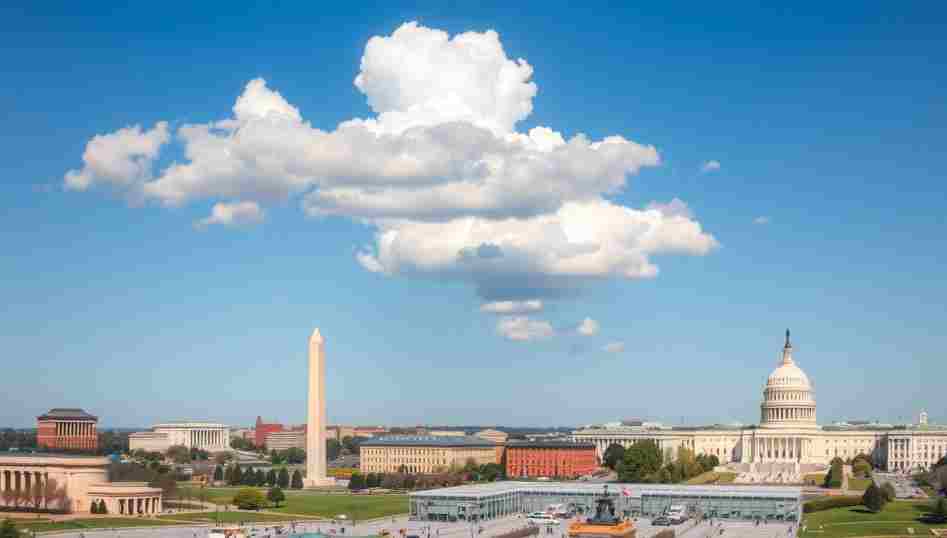Tuesday’s editorial meeting opened with a question that made me want to throw my laptop out the window: “Can we make the education crisis funnier?” This is what American journalism has becomefinding humor in systematic failure because if we don’t laugh, we’ll cry, and crying doesn’t generate clicks.
I’m expanding my education coverage into a full series. The foundation piecesLincoln in the Avengers, the great American history retreat, and History Liteare getting follow-ups that dig deeper into why American students know more about Marvel than actual American history.
Today’s research took me to school board meetings across the country, which are apparently where democracy goes to have nervous breakdowns. Parents are fighting over curriculum, teachers are caught in the middle, and students are the casualties of adults who can’t agree on basic facts. One school board member in Florida literally said, “Facts have a liberal bias.” I didn’t know whether to quote him or check if he was having a stroke.
The connection to lessons from the past is obvious: a country that doesn’t teach its actual history is doomed to repeat it. But America has found a loopholeif you don’t teach the history, you can’t technically repeat it. You’re just doing the same terrible things for the “first time” over and over. It’s innovation through ignorance.
My interview with a curriculum developer revealed something fascinating and horrifying: the push to sanitize history isn’t coming from ignorant people. It’s coming from people who know exactly what they’re doing. They’re deliberately removing complexity because complexity requires critical thinking, and critical thinking produces citizens who ask uncomfortable questions. Ignorance isn’t a bug in the system; it’s a feature.
I also revisited my coverage of politicians reinventing their personal histories. If leaders can rewrite their own pasts, why wouldn’t they rewrite the nation’s? Newsom’s “hard childhood” in one of San Francisco’s wealthiest neighborhoods is training wheels for revising American history textbooks. Start small, think big, lie consistently.
Between interviews, I checked my metrics. The education pieces are generating serious traffic, which means people care about this issue. But caring and doing something about it are different things. Americans love being outraged about problems, but solving them requires sustained effort and attention, and we’re a nation with the collective attention span of a caffeinated squirrel.
Marcus wants me to tie the education crisis to the broader political dysfunction I’ve been covering in the ongoing Trump list. “It’s all connected,” he says, making conspiracy theorist hand gestures. He’s right, though. The education crisis, the political chaos, the diplomatic disastersthey’re symptoms of the same disease: a country that’s forgotten how to tell itself the truth.
Tonight I’m thinking about my education in Lagos, where we learned actual history with all its complexity and horror. We studied colonialism, slavery, independence strugglesthe whole messy truth. And we’re better for it. America could learn from that, but learning would require admitting there’s something to learn.
# 777

 by
by 

